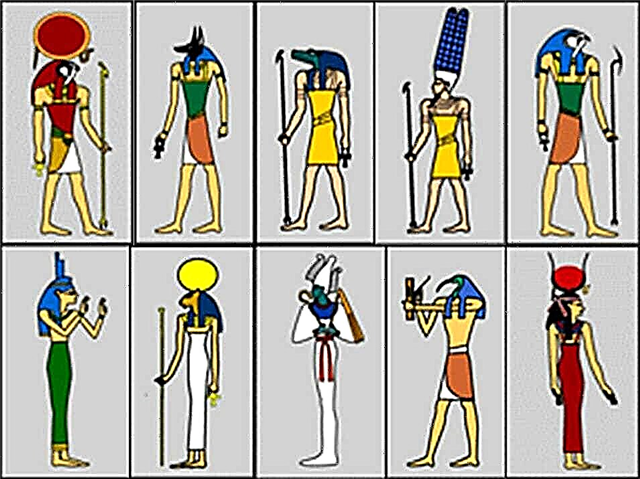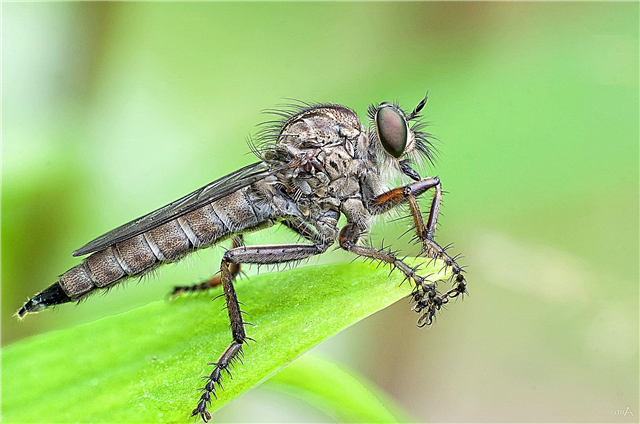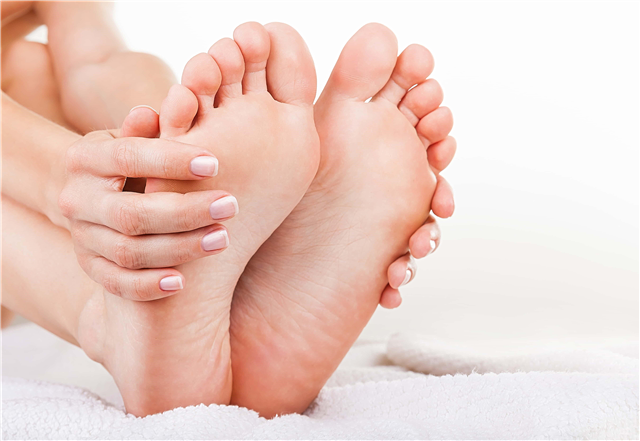
Our ear is adapted to capture the sounds of the world, and not to create them. But sometimes in a room where there is dead silence, we hear some noise, as if making noise in our heads.
Sometimes this noise resembles the squeak of a receiver that is poorly tuned - high-frequency noise, or there may be a buzzing or a constant creak. One young woman complained that it seemed to her that a battalion of soldiers was constantly marching through her head.
Tinnitus
These conditions are called the medical term - “tinnitus,” in other words, it is ringing in the ears. Such ringing is most often heard after a loud annoying sound is heard, for example, if someone claps his hands loudly over his ear or a firecracker explodes nearby. A ringing in the ears may begin after attending a rock concert at the stadium or after you have been listening to a player turned on at full volume for an hour. This kind of noise usually disappears after a night's sleep. But constant noise, loud and often repeated, can damage the organ of hearing, causing partial deafness.
Interesting fact: damaged hair cells can, for no external reason, send electric discharges to the brain, which are perceived by the patient as high-frequency noise and ringing.
Ear device

If you could look into your ear, you would see there a membrane called the eardrum. It is stretched across the entrance to the internal auditory meatus.Fluctuations in the air strike the eardrum, causing it to oscillate. Behind the eardrum is a small bone cavity in which there are three tiny auditory ossicles called the hammer, the anvil and the stapes. These bones pick up vibrations and begin to move relative to each other.
Even deeper in the ear is a canal filled with fluid called the cochlea. Vibration of the auditory ossicles is transmitted to the cochlear fluid and causes wave formation in it. These waves, in turn, cause vibrations of the hair cells, which are located in the cochlea under a layer of liquid, like algae in shallow sea water. When excitement begins in the fluid of the cochlea, the hair cells oscillate.
How does a person hear?

The secret to the perception of sounds lies precisely in the hair cells. Somehow, movements of the hair cells generate electrical impulses that are transmitted to the brain through the auditory nerve. The brain translates the language of electrical impulses into the language of sounds. And we hear music and voices, hammer blows and birdsong. Hair cells can suffer from a loud sound or from a blow to the head: they can tear, twist, come off. All of these causes disrupt the ability of hair cells to send electrical impulses to the auditory nerve.
Tinnitus
But it happens that damage to the hair cells causes their constant activity and they constantly send bursts of impulses through the auditory nerve, even if the ear at this moment no longer perceives external sounds.We can say that these cells are constantly on. When the brain receives these impulses, it regards them as sound. That is why we hear ringing even in a quiet room. Loud noise and head injuries are not the only culprits of tinnitus. There is a common disease - otosclerosis, in which a spongy bone grows in the inner ear, which prevents the stapes from vibrating normally.
Interesting fact: loud noise, aspirin, caffeine, and quinine can cause tinnitus.
What can cause tinnitus?
Hearing is impaired, but the ringing in the sore ear is amplified. With flu and colds, ear swelling can occur, which usually affects hair cells. High blood pressure often causes blood vessels to bend; cholesterol plaques can clog blood vessels supplying hair cells.

Tinnitus sometimes begins after taking aspirin for only one day. Stimulants like caffeine or nicotine can induce hair cells to aimlessly. Well, if you take a large dose of quinine (by the way, it is contained in tonic drinks), then you have tinnitus, and if you take quinine systematically and in large doses, you can partially or completely deafen. In fact, there are so many reasons for tinnitus that in life almost every one of us has heard such a noise at least several times. Try to avoid those irritants after which you felt it. And most importantly - take care of your ears, and therefore your hearing from loud noises.












